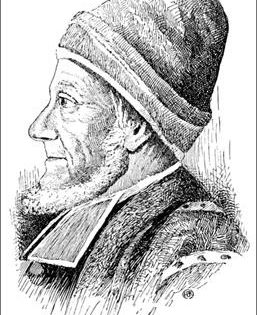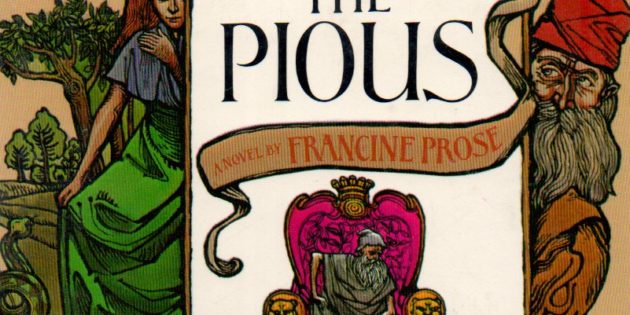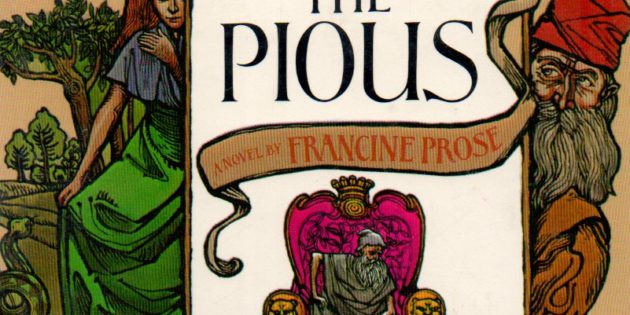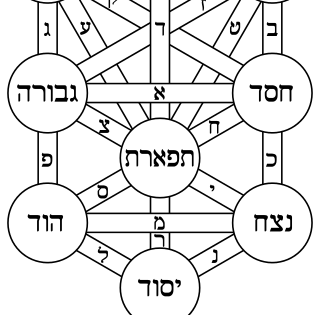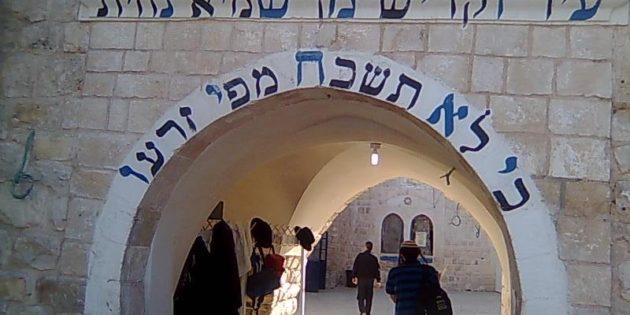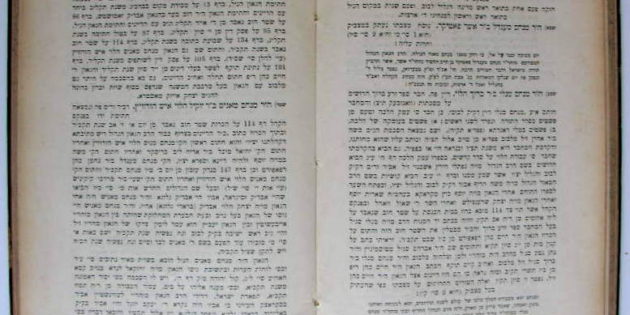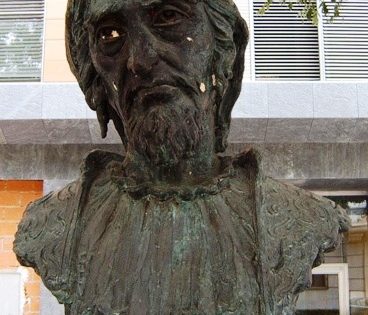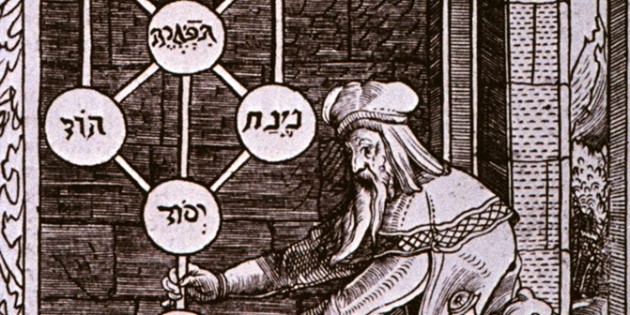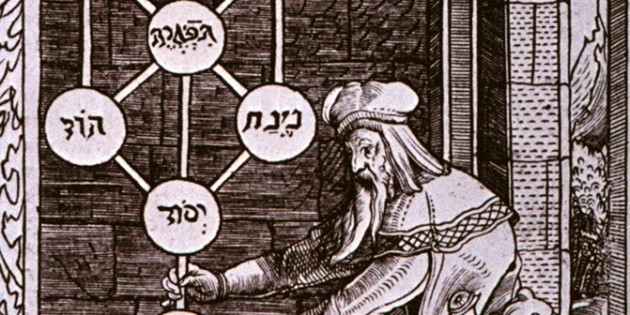Home » Jewish Mysticism » Texts
Texts
The Creator has no body, physical stature, image or form at all… The glory is an appearance of the resplendent light, which is called Shekhinah, and the will of the Creator shows and images that very light to the prophets according to the hour, to this one like that [form] and to the other […]
The Creator places in the heart of the prophet a vision (hezyon), and the Creator governs that image (dimyon)… Within the image the Creator directs the image according to what He wills to do so that the prophet will know the supernal Mind (da‘at ‘elyon) and bow down to Him and believe in Him. Thus […]
The Creator places in the heart of the prophet a vision (hezyon), and the Creator governs that image (dimyon)… Within the image the Creator directs the image according to what He wills to do so that the prophet will know the supernal Mind (da‘at ‘elyon) and bow down to Him and believe in Him. Thus […]
The Holy Spirit (ruah ha-qodesh) rests on a person when he is awake, when the soul is in his body and does not leave it [as in sleep]. But [the prophetic state involves] the matter of separation [of the soul from the body], for he removes [from his mind] all [mundane] thoughts entirely. And the […]
This is explained in Hekhalot Rabbati and Hekhalot Zutarti. They [the mystics] would do certain actions, pray certain prayers in purity, make [theurgic] use of the crown, gaze upon the palaces, see the divisions of angels according to their position and palace after palace… They did not ascend on high but rather in the chamber […]
“And the people saw it” (Exod. 20-15). What did they see? They saw the great Glory (kavod gadol). R. Eliezer said- Whence do we know that the Israelite maidservant saw that which the greatest of prophets did not see? It is written, “And the people saw it.” What did they see? They saw the great […]
The Holy One, blessed be He, said, Certainly “I spoke to the prophets,” but “I multiplied visions,” for the prophecy of one was not like that of another. Amos saw Me standing… Isaiah saw Me sitting… Moses saw Me as a warrior… Daniel saw Me as an elder… Therefore it says, “through the prophets I […]
The secret of the splendor of the supernal light, the good that is hidden for the souls of the righteous, “no eye has seen, O God, but You” (Isa. 64-3). We must believe and know that the supernal Garden of Eden is the secret of the bundle of life, and the Holy One, blessed be […]
The essential strength of pietism is that, even though [people] insult him, he does not abandon his piety, and his intention is directed to God and he does not look at women whereas others apart from him do look. Thus he merits the abundant goodness that is hidden and his eyes will be satiated by […]
It is written “I will make all My goodness pass before you” (Exod. 33-19). The word “all” (kol) [in the expression “all My goodness,” kol tuvi] numerically equals fifty [which corresponds to the fifty] gates of understanding. Upon each and every gate there is appointed an angel. The expression “all My goodness” (kol tuvi) numerically […]

